Britain & Ireland
The Tudors continue to fascinate and some of their story is told here along with the other dynasty of the period the Stuarts. Alongside those resources are the podcasts on the ideas that transformed British society during that period and created a United Kingdom for the first time. The industrial revolution is explored through poetry as well as technology. Religious collapse, change and diversity are all themes explored in this section. Read more
Sort by:
Date (Newest first) | Title A-Z
Show:
All |
Articles |
Podcasts |
Multipage Articles
-

An Intimate History of Your Home - Lucy Worsley
ArticleClick to view -
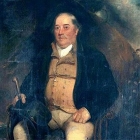
Benjamin Jesty: Grandfather of Vaccination
ArticleClick to view -

Enter the Tudor Prince
ArticleClick to view -
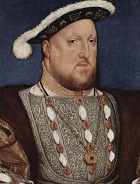
Henry VIII
ArticleClick to view -
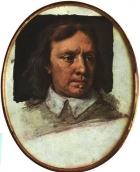
Oliver Cromwell 1658-1958
ArticleClick to view -
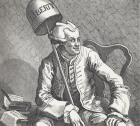
John Wilkes 1725-1797: A Man of Principle
ArticleClick to view -
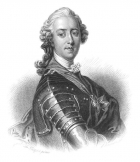
Bonnie Prince Charlie: The escape of the Prince in 1746
ArticleClick to view -
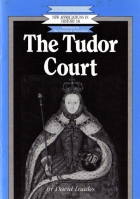
The Tudor Court
ArticleClick to view -
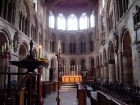
Smithfield's Bartholomew Fair
ArticleClick to view -
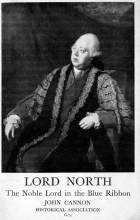
Lord North: The Noble Lord in the Blue Ribbon
ArticleClick to view -
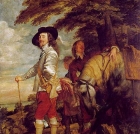
King Charles I
ArticleClick to view -

King Charles II
ArticleClick to view -

The London Charterhouse
ArticleClick to view -

Aristotle and Dudley: what can books tell us about their owners?
ArticleClick to view -
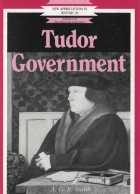
Tudor Government
ArticleClick to view -
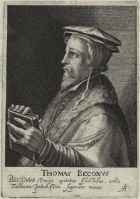
A Tale of Two Chancellors: The Ineffectual Reformation in Elizabethan Staffordshire
ArticleClick to view -
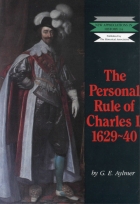
The Personal Rule of Charles I 1629-40
ArticleClick to view -

Lord Rochester's Grand Tour 1661 - 1664
ArticleClick to view -
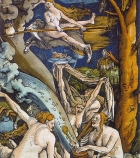
Occult and Witches
ArticleClick to view -

Cambuskenneth books: Looted Scottish law books return to Edinburgh
ArticleClick to view

